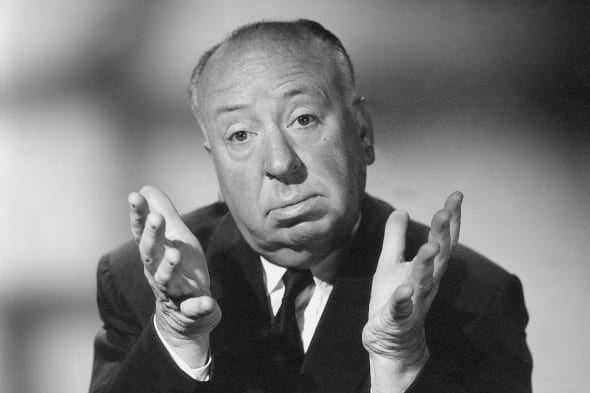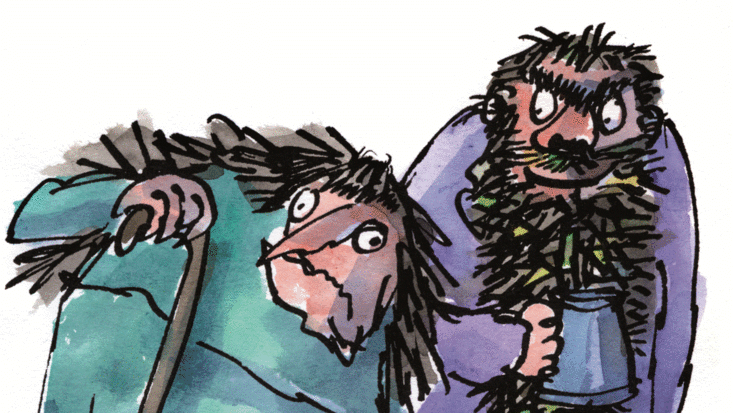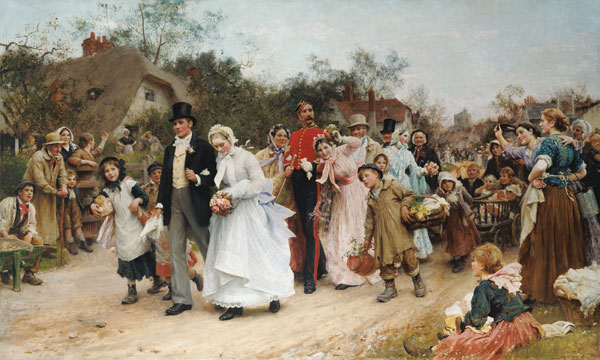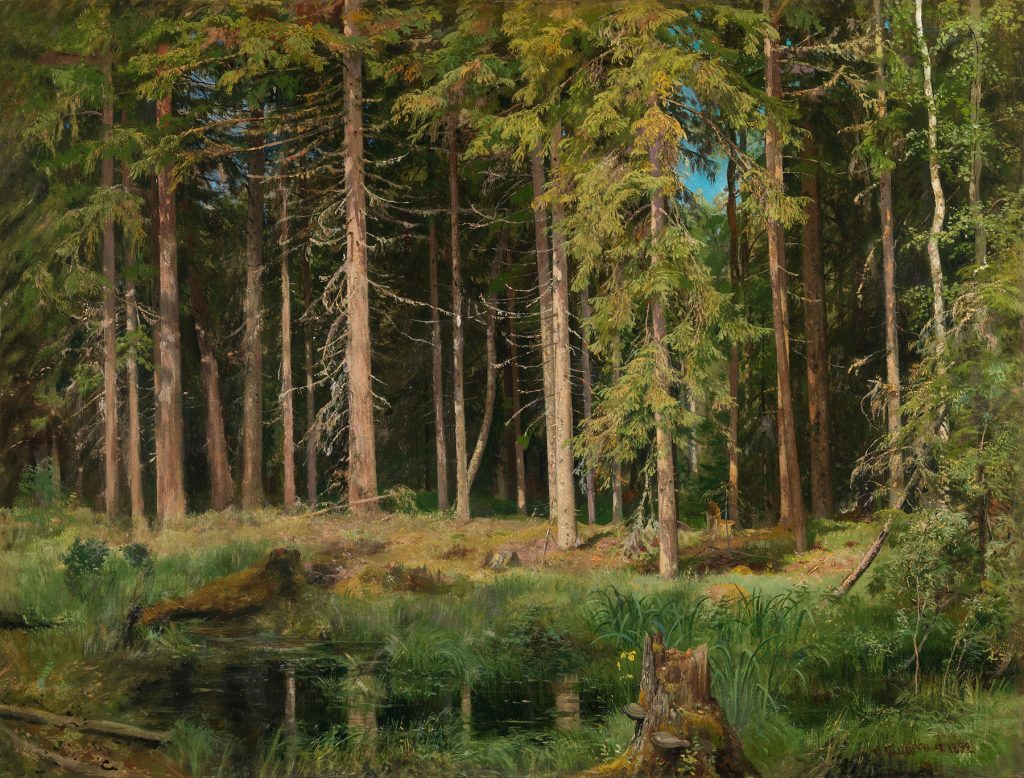THE MAN WHO AROSE DEAD
When a mysterious man is abducted by an evil surgeon, his world is thrown into paralysis and decay. The story unveils their collective past and we uncover a web of double-life, deceit and betrayal where nothing is quite what it appears.
Exploring the divide between truth and manipulation Square Peg Theatre creates a dark, claustrophobic nightmare akin to the thrillers of ALFRED HITCHCOCK, where the truth is just a figment of your imagination.

It wasn’t until we finished making the play that the true story began to emerge. At first sight we thought we were telling the story of a Cold War espionage. We had a broad range of influences most notably Alfred Hitchcock and the cinema of Film Noir and so it was easy to think of the story through these frameworks. However as the story began to develop something darker began to emerge. At the time we didn’t know what to call it, then we discovered it already had a name, gaslighting. A fun example of the concept is found in Roald Dahl’s The Twits as the husband stealthy lengthens his wife’s walking stick in order to convince her that she is shrinking.

The Man Who Arose Dead takes this concept, turns it on it’s head, and asks what if this form of psychological manipulation wasn’t done in malice but as a form of protection?
ROSEQUARTER
After a body is discovered at a festival a messy web of deception is uncovered. Is anyone who they claim they are and how far will they go to keep their secrets? Inspired by Nordic Noir thrillers such as KILLING EVE and THE GIRL WITH THE DRAGON TATTOO, Rosequarter follows the story of an undercover detective caught in a world of lies, gambling and murder.

Using Square Peg Theatre’s unconventional style, this unique production blends beautifully choreographed dance theatre with a powerful character-driven story to create a tangible adventure into the heartland of our ethics.
In developing the ideas for Rosequarter we began looking at how scapedonkeys have been used throughout history. Traditionally this began during religious ceremonies where a priest would confess the communities sins onto the head of a donkey. The donkey was then cast out into the desert symbolically cleansing the village of it’s vices. Over time the meaning has shifted. Today we create scapegoats instead as a way to blame someone else for our own problems, a process that often results in feelings of prejudice toward the person or group that one is blaming, while maintaining one’s own positive self-image.

NO RETURN
The whole town was there to wish them well. They gathered and knelt along the route and threw advice like confetti. The pale faced bride, a young woman reluctant to be married, did all she could to look happy. The young man looked about shyly. But in the remote community nestled by the hills, where the men tend cattle and women worked the plough, they knew there was no return.

Everyday Maria & Jeremy walked along the sandy beach and out into the pastures to stare at the pine woods that bordered the town. The pines that haunted them like towering soldiers. The whole community was stuck in a pre-industrial age where ritual and rules reigned. There was no escape. Until one morning a light came from the darkness. A light that would throw their lives into question. A light that would be their salvation, if it didn’t destroy them first.

No Return is the third production by Square Peg Theatre. A heart-stopping thriller following in the macabre footsteps of Stephen King. The character driven story is propelling by a bold physical style that incorporates live music and sound effects to give life to the smallest of details. A feast for the imagination it will lead you into a claustrophobic world torn apart by faith, superstition and modernity.
